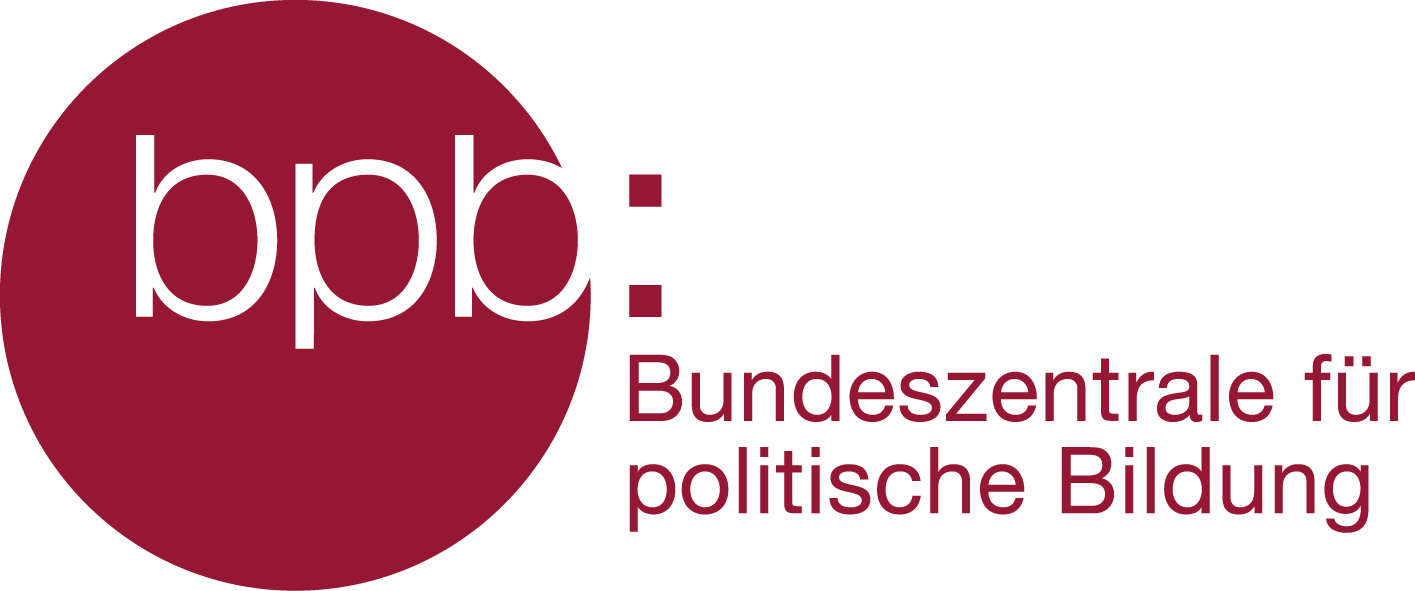Panel 4: nowhere in Belarus. Art seeks space
{{ time.start_TS | TS2dateFormat('MMM') }}
{{ time.start_TS | TS2dateFormat('YYYY') }}
| free of charge |
| Russian + simultaneous translation Russian-German |
| Duration: 60 min |
| 14 years and older |
| Mechanical Arena in the Foyer |
| Belongs to: Post/Socialist Palaces |
Palaces of Culture featured prominently in the educational and cultural policies of socialist states. As places of encounter and education, of culture and sport, they were part of the social engineering practised by the state. At the same time, they were architectural icons of many Eastern, Central and Southern European capitals.
Today, official spaces such as the “Palace of Arts” in Minsk are no longer available to independent Belarusian artists, authors and cultural creators – in fact, many have left the country in fear of arrest and condemnation. Artists’ residencies, exhibitions and events abroad, but also private retreats and the internet offer alternative spaces for independent art. The panel asks: What role did cultural practitioners play during the peaceful protests against rigged presidential elections in the summer of 2020, which were crushed by brutal police violence? How does the search for alternative spaces work? Our guests are an artist, an academic, and a translator from Belarus.
Speakers
Antanina Slabodchykava, artist, Dresden
Dr. Andrei Vazyanau, Assistant Professor for Social Sciences, European Humanities University, Vilnius
Moderator
Iryna Herasimovich, Translator and essayist, Zurich University
Antanina Slabodchykava was born in 1979 in Minsk (Belarus), where she lives and works as a visual artist to this day. She graduated from the Glebov Minsk State Art College (department of painting) in 1998, and from the Belarusian State Academy of Arts (department of architectural painting) in 2004. She works with various media (painting, graphics, installation, video) on themes such as motherhood, identity and gender in the context of feminist practices, as well as death, memory, the archiving process, subordination and power from different aspects: as personal experience, social stereotypes, social history, etc
Dr. Andrei Vazyanau is a lecturer at the European Humanities University (Vilnius, Lithuania) and a researcher at Minsk Urban Platform (Belarus/Lithuania). He holds his PhD in social anthropology from the University of Regensburg (2021, project title “Infrastructures in Trouble: Public Transit, Crisis, and Citizens at the Peripheries of Europe”). His fieldwork background includes the Donetsk region of Ukraine (Mariupol, Kostyantynivka, Druzhkivka, Horlivka) from 2011-2013; Romania (Galati, Braila, Constanta) from 2015-2016; Belarus (Minsk) from 2017-2021. In 2022 and 2023 he delivered humanitarian packages to medical workers in Lviv and Kyiv.
Iryna Herasimovich was born in Minsk in 1978, and has been a freelance translator since 2009. She has translated works by Lukas Bärfuss, Georg Büchner, Monika Rinck, Nora Gomringer, Mehdi Moradpour, Jonas Lüscher, Michael Köhlmeier, Franz Hohler and Franz Kafka into Belarusian. Since 2018, she has curated the translation part of the Literature Intermarium forum in the Kaptaruny art village. She works as a dramaturge and curator in the field of visual arts, and is a member of the German Academy for Language and Literature. Since 2021, she has been a doctoral researcher in the Slavic Department at Zurich University, as part of the SNF project “Arts & Disinformation”.
The series “Palaces for the People. Palaces of Culture in Eastern Europe Before and After 1989” is curated by the Bundeszentrale für politische Bildung



